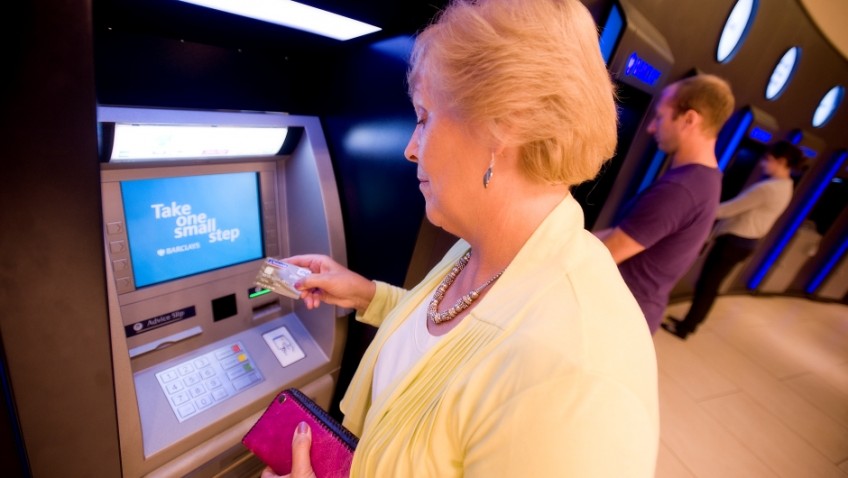Research from the Payments Council reveals that though the older among us have strong views on handing over control to someone else to buy our clothes, look after our pet, clean our house and make our tea, we are not giving the same consideration to how we manage our finances when external factors like, poor health strikes.
Of those aged 65 years plus, over two-thirds (69%) shudder at someone else choosing their clothes, 23% of people worry about someone cleaning their house exactly the way they like it, more than half (60%) panic at the thought of someone else booking their holiday, 42% are nervous about someone else doing their food shopping for them and 8% are curiously particular about someone making them a cup of tea the ‘right’ way.
Yet research shows that almost three quarters of people who need help when making payments act outside of their bank’s terms and conditions by sharing their PIN.
Recent studies show that less than half of people needing help to make payments on a temporary basis know of the secure alternatives to sharing their card and PIN, which would allow them to retain control over their bank accounts.
Awareness is lowest amongst those aged 75 and over (43% are unaware, compared to 36% amongst all ages). To meet this need, a new Pay Your Way consumer advice guide from the Payments Council sets out payment options to help people stay in control of their financial affairs.
The guide is designed to help everyone, but particularly informs those with restricted mobility or capability due to illness or accident who may find it difficult to get to and from the bank.
For some, mobile, telephone or internet banking, or prepaid cards will offer a good solution. Whilst others may prefer using a cheque or other options which their particular bank might offer – such as single use PIN code so someone can take money out on their behalf, or opening up a second account with a trusted individual that only holds the funds that they want someone else to access.
The Payments Council has been working with a range of consumer groups including Citizens Advice, Age UK, Action on Elder Abuse, Solicitors for the Elderly, Macmillan Cancer Support and the National Pensioners’ Convention to disseminate advice and develop and share industry guidance which banks and building societies will be supporting.
This guidance will help to ensure that banks and building societies inform customers of the range of suitable payment options offered if they need to authorise someone else to make payments on their behalf.
To find out more please visit www.payyourway.org.uk where you can also download the new guide on safe ways to allow others to pay on your behalf.




